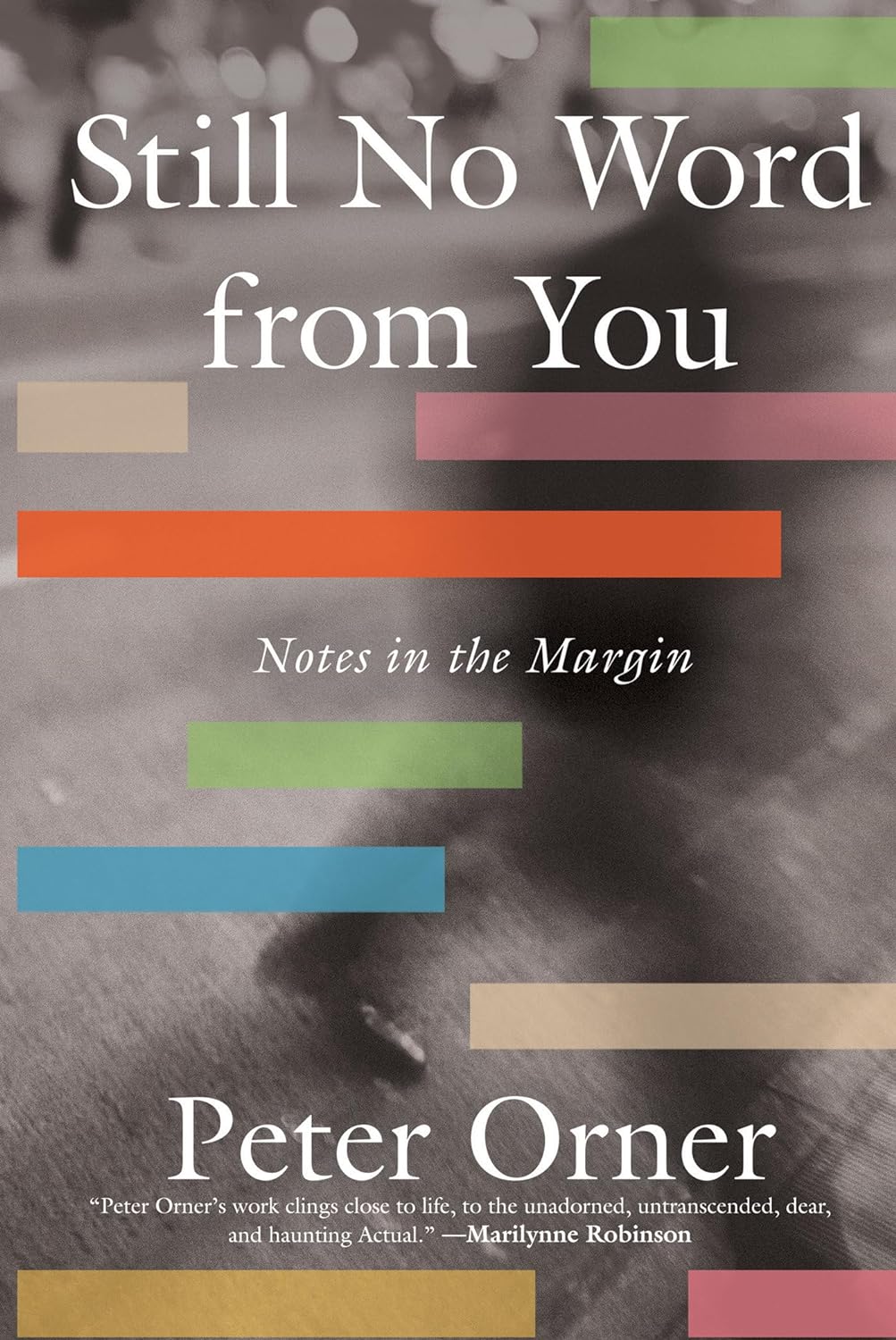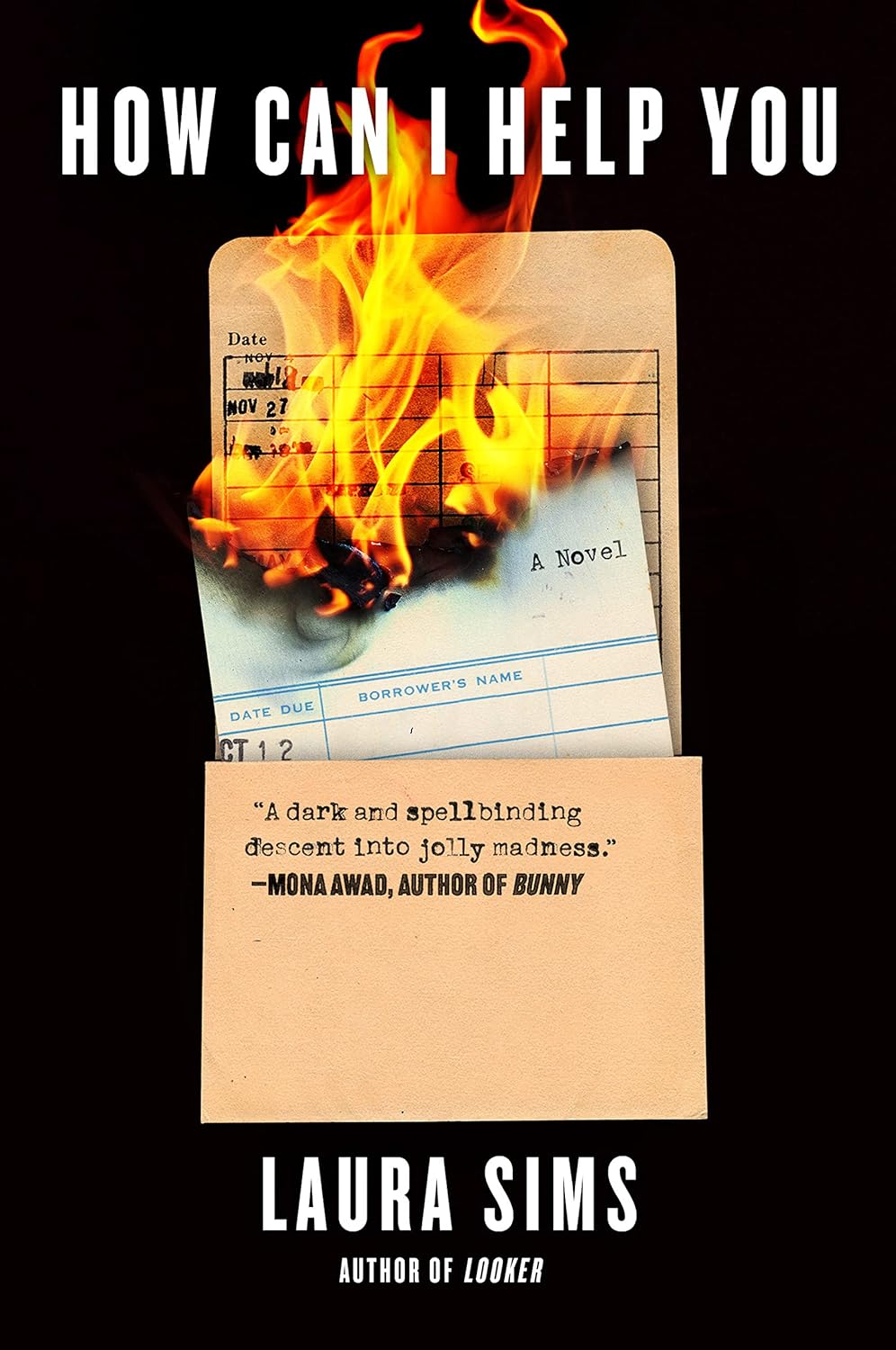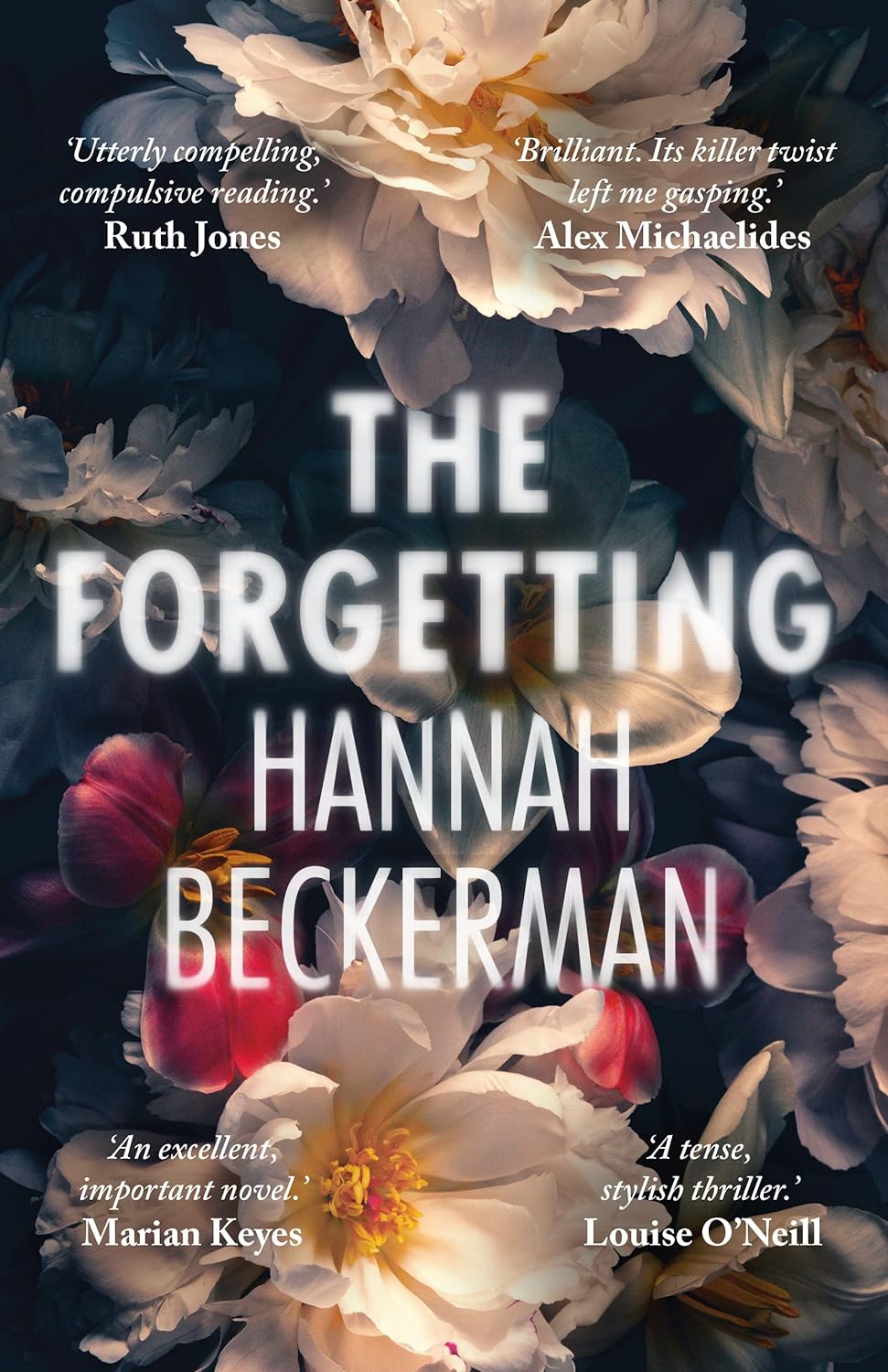I'm wondering about myself a bit because lately it seems like many of the books I like are true stories of personal trials, including illness and death. There are even books in this genre that I liked but didn't put on the favorites list (The Invisible Kingdom: Reimagining Chronic Illness, by Meghan O'Rourke). I tell myself this has something to do with my advancing age and the need to understand mortality--but I'm not sure that's it. After all, I loved Death Be Not Proud when I was a teenager. So . . .
Couple of side notes:
- Favorite title of the season: You Made a Fool of Death with Your Beauty. It sounded so intriguing, so potentially deep, but despite the fact that some reviewers suggested author Akwaeke Emezi "reimagined the love story," it was just a love story--and one that was a bit "eww" at times.
- Although I didn't love Parable of the Talents, by Octavia Butler, I was impressed by how prescient she was. Her character Andrew Steele Jarret and his supporters were so Trumpian it was creepy. And the book was published in 1998, before most of us could have imagined the horror.
- Weirdest premise of the year to date belongs to One's Company, by Ashley Hutson, in which the survivor of a horrific crime wins the lottery and uses her winnings to build a replica of the sets of Three's Company, where she lives in isolation, pretending to be each of the characters for a year.
- Couldn't help wondering what my librarian friends would think of the premise of How Can I Help You? by Laura Sims, in which a serial killer/nurse hides out as a librarian. (You can guess, at least in part, how that goes.)
Anyway, here are my favorite summer reads:
Fiction
I've already written about Ann Patchett's Tom Lake so I'll just repeat here that I loved it.
The subtitle of Erica Baumeister's new book, No Two Persons, proclaims it to be a novel, but she describes it as interlinked short stories. I think it's somewhere in between because the short stories add up to something that isn't a novel--but is just as good. And my different take is proof of the point she's making--people see books differently, but the books keep their power. No Two Persons opens with a young writer, recovering from a family trauma and struggling to bring the boy who has appeared to her to life in words. It then moves to a young mother who reads manuscripts for a literary agency in her "spare time" and to the narrator of the audiobook, an actor who has turned to voice work because of a skin condition. We then meet a series of people who encounter the book--some read it and are moved, some don't read it but still are affected (an artist turns the pages into wings for a "found art" sculpture she is making).
Late Bloomers, by Deepa Varadarajan, may not be the deepest book, but it is an enjoyable one. It's narrated by four members of an Indian American family: Suresh (father) and Lata (mother) Raman, who divorced after nearly 40 years of (arranged) marriage, and their children Nikesh (son), a lawyer and father, and Priya, their professor daughter. Both children are keeping secrets from their parents, who are, in very different ways, trying to figure out their lives as single people, Suresh through Internet dating and Lata by taking her first job and making new friends there unlike her traditional Indian American married friends. The book is funny while also offering cultural and universal insights. The ending is unusual, in that much is left unresolved, but it feels true to life (and not like a set-up for a sequel, although I could be wrong about that).
Mysteries
Attica Locke's Black Water Rising is set in the 1980s, with frequent flashes to the protagonist's days as a civil rights activist in the 1960s that ended when an unjust prosecution almost sent him to prison and two friends were killed by the FBI. In the '80s, Jay Porter is a lawyer, a struggling solo practitioner who is about to become a father but has lost his passion. Then he rescues a woman while he and his wife are on a river cruise and all hell breaks loose. Like the protagonists of many mysteries, Jay makes a lot of dumb decisions, but there is real investigation involved and the story has some gravitas, dealing with race and class. It's long for a mystery--400+ pages--but Black Water Rising is worth the investment.
Nonfiction
I've been divorced for 30 years, but I still found much to chew on in Maggie Smith's book You Could Make This Place Beautiful: A Memoir, which is a reflection on her divorce, her marriage, and her life after both. Smith brings her poetic skills to the brief vignettes through which she tells her story--the language is often quite beautiful. Some of the devices she uses (e.g., titling chapters "A Note on . . ." --plot, character, betrayal, etc.) seemed somewhat forced, but others (very brief chapters that pose "unanswerable questions" she is trying to answer) worked well for me. The messages I took from the book are relatively straightforward--it's not worth it to give up yourself to try to save a marriage in which your partner wants you to be someone you're not, you can be happy after divorce--but the thinking she goes through to come to those conclusions is instructive and beautifully rendered.
I found Between Two Kingdoms: A Memoir of a Life Interrupted by Suleika Jaouad an honest, insightful, and moving account of her early-20s diagnosis of leukemia, the incredibly grueling course of the disease and treatment, the pain of losing so many friends who went through treatment with her, the toll on her relationships, and the challenge of returning to "normal" when one is cancer-free (part of her answer was to take a cross-country road trip, shortly after learning to drive, to reach out to people who had contacted her as a result of a column about her illness she wrote for the NYT). I really enjoyed her narration of the audio book. At the end I was touched when I realized the music was by her and her partner. Then she thanked Jon Batiste, and I realized she is the wife whose cancer returned in 2021 and, honestly, that knowledge made the book devastating.
Every few years, someone follows a teacher around for a year and writes a book about the challenges and rewards of teaching. The Teachers: A Year Inside America's Most Vulnerable Important Profession, by Alexandra Robbins is in that genre, highlighting problems that mark education in the 21st century. Robbins, who became a substitute teacher while writing the book, spent a lot of time with three teachers (all in elementary/middle school) and interviewed many others (including high school teachers). While many of the challenges are expected--too much emphasis on testing, inadequate resources, obnoxious/entitled parents, difficulty of balancing work and personal life--I found myself shocked by the description of workplace bullying among teachers. I have worked in education for more than 40 years and I know all teachers aren't nice people, but the extent and venality of the bullying among coworkers described in the book was stunning. If you're a parent or a taxpayer for that matter, it's worth reading this book.
On a more cheerful note, of course I have a food-related book. Although its perspective might not be as unique as editor Zosia Mamet thinks it is, My First Popsicle: An Anthology of Food and Feeling is a delight. It would be worth reading if it only included Andrew Bevan's tale of being broken up with just after taking a bite of a meatball (his essay also comes with a 16-step "recipe" for preparing SpaghettiOs with Meatballs) or Ted Danson's reflections on why chipped beef on toast tastes like cowardice and the loss of innocence. But there are lots of other funny and/or moving pieces by the likes of Richard Shepard (eating at Sukiyabashi Jiro), Rosie Perez (how her Tia's Pollo Guisado helped her survive PTSD from living in a children's home), Kwame Onwuachi (getting stood up when he had made Veal Blanquette for a date), Anita Lo (being tied to dumplings because of her Chinese background), Mari Andrews (the difference between solitary and lonely food), and much more. Loved it!
Poetry
The poems in Clint Smith's Above Ground are reflections on parenthood and how becoming a parent changed his view of everything, from racism to Hurricane Katrina to school shootings to family history. Some are sweet, while others challenge the reader to reconsider personal and public events. "We Have Made It Through Worse Before" is one of the latter, ending with the powerful lines
. . . We are not all left
standing after the war has ended. Some of us have
become ghosts by the time the dust has settled.
Powerful lines pop out throughout the works:
"Nostalgia is a well-intentioned wound."
"I still can't tell the difference between a memory and grief's imagination."
"I fear everything I cannot control
and know that I control nothing."
Highly recommended.
Favorite Passages
. . . he always, deep down, admired men like King, for whom the ability to love was a gift, like an ear for music. Jay, on the other hand, lived a life of constant struggle against his own cynicism, his well-earned knowledge of the limits of human grace.
He has not slept a solid night in days. Or is it years? He gets mixed up sometimes.
--Attica Locke, Black Water Rising
The thing about birds: if we knew nothing of jays or wrens or sparrows, we'd believe the trees were singing, as if each tree has its own song.
The thing about this life: If we knew nothing of what was missing, what has been removed, it would look full and beautiful.
--Maggie Smith, You Could Make This Place Beautiful: A Memoir
For the person facing death, mourning begins in the present tense, in a series of private, preemptive goodbyes that take place long before the body's last breath.
Grief is a ghost that visits without warning. It comes in the night and rips you from your sleep. It fills your chest with shards of glass. It interrupts you mid-laugh when you're at a party, chastising you that, just for a moment, you've forgotten. It haunts you until it becomes a part of you, shadowing you breath for breath.
--Suleika Jaouad, Between Two Kingdoms











